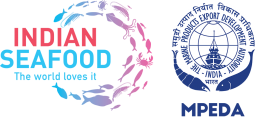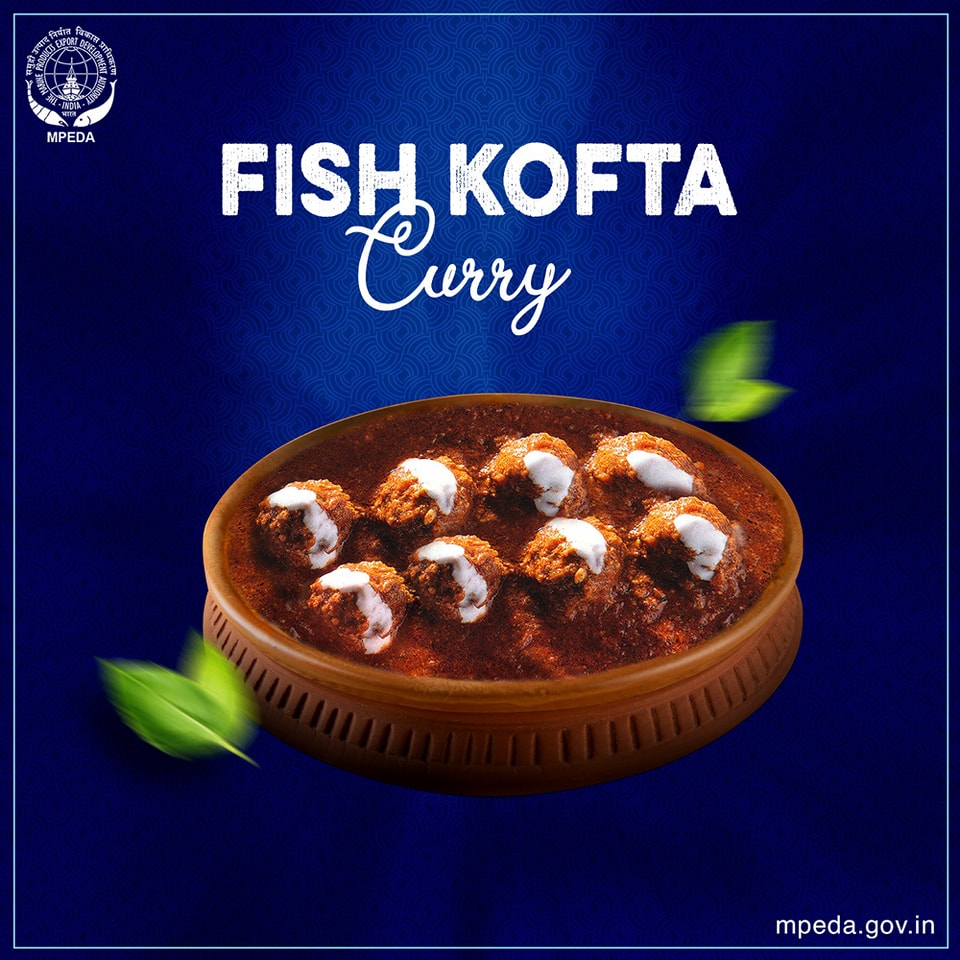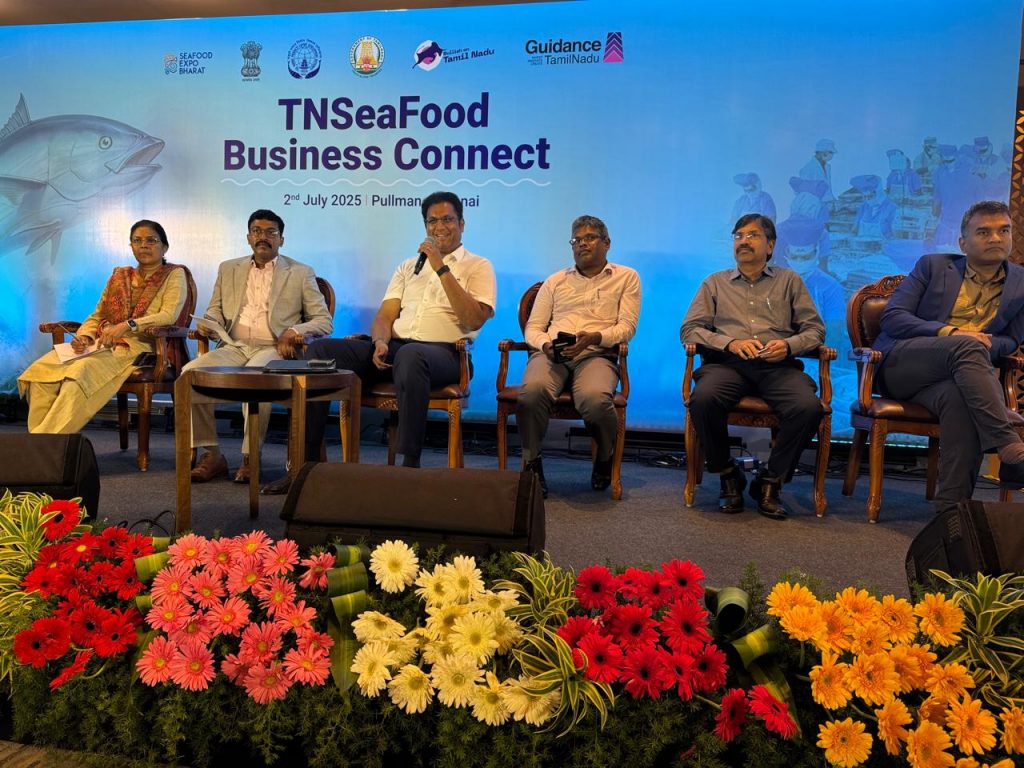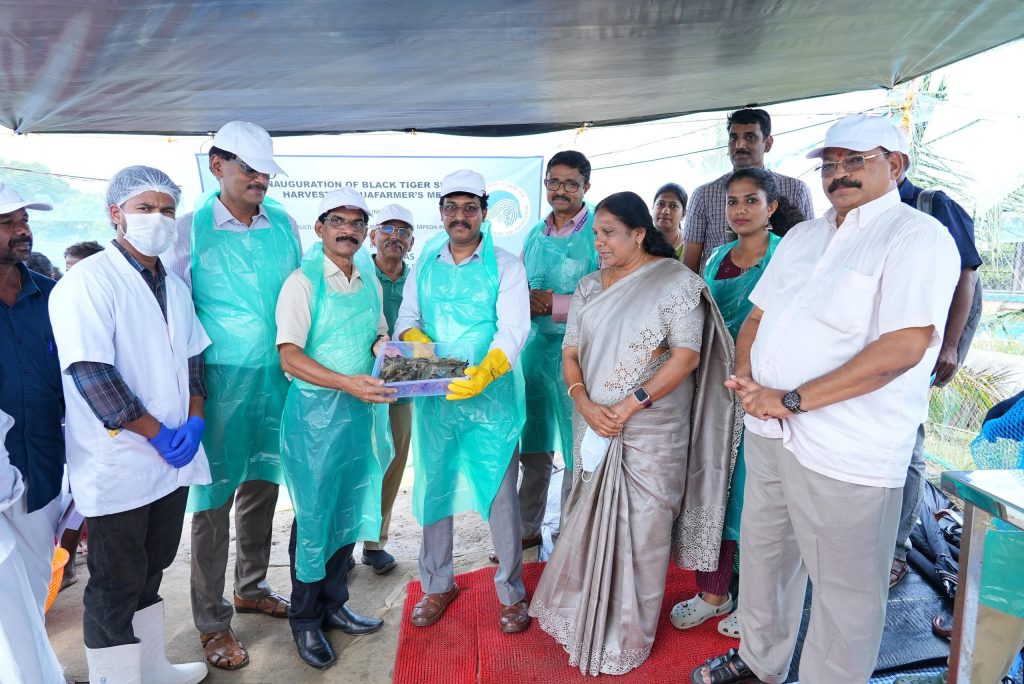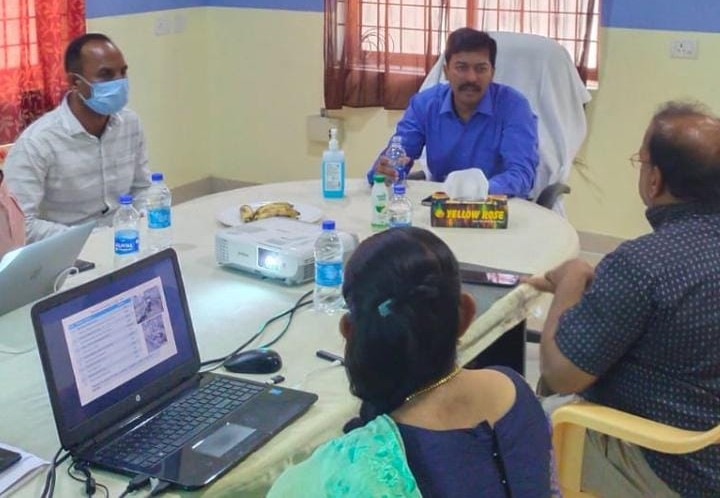15–16 May 2025, Chennai | Organised by BOBP-IGO, IISD & RISE UP
Deepening Understanding, Advancing Regional Cooperation
The Bay of Bengal Programme Inter-Governmental Organisation (BOBP-IGO), in collaboration with the International Institute for Sustainable Development (IISD) and RISE UP, organized a two-day Regional Workshop on the WTO Agreement on Fisheries Subsidies at Chennai from 15–16 May 2025. The event was supported by India’s Department of Fisheries and leading global agencies such as the FAO, WTO, and ICSF.
The workshop was inaugurated by Dr. Mohamed Koya, Fisheries Development Commissioner, Department of Fisheries, Government of India. Dr. Krishnan, Director, BOBP, welcomed the delegates and delivered the opening remarks, emphasizing the need for cooperation and knowledge-sharing to ensure sustainable fisheries management in the region.
Broad Representation from the Bay of Bengal Region
The workshop brought together country delegations from Bangladesh, India, Indonesia, Maldives, Malaysia, Sri Lanka, and Thailand, fostering a dynamic platform for dialogue and collaboration. Shri Praveen Kumar, Director, Department of Commerce, Government of India, also participated in the sessions.
The Marine Products Export Development Authority (MPEDA) was represented by a delegation led by Shri Anil Kumar P, Secretary (I/c) & Joint Director (Marketing), along with Dr. Ansar Ali A, Deputy Director (Marketing Services), and Dr. Joice V. Thomas, Chief Executive, MPEDA-NETFISH.
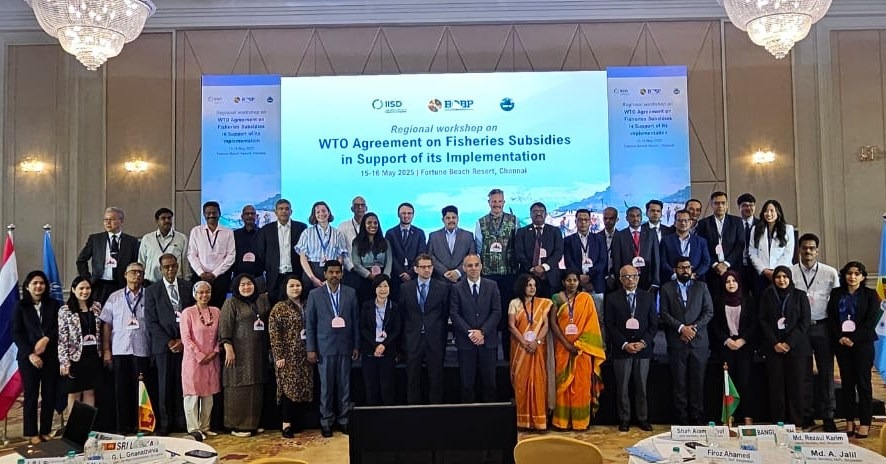
Workshop Focus Areas
🔹 Promoting Understanding & Implementation
The central objective was to raise awareness of the 2022 WTO Agreement on Fisheries Subsidies, which aims to eliminate harmful subsidies contributing to overfishing, illegal, unreported, and unregulated (IUU) fishing, and the depletion of global marine resources.
🔹 Facilitating Regional Dialogue
The event encouraged participating countries to share their national implementation challenges, technical assistance needs, and strategies for aligning domestic policies with WTO mandates.
🔹 Addressing Small-scale Fishers’ Needs
Sessions included discussions on balancing sustainability mandates with the livelihood concerns of small-scale fishers. Issues around food security and coastal community welfare were also highlighted.
Technical Sessions & Country Presentations
The workshop featured a comprehensive review of the WTO Agreement’s provisions, especially:
- Article 3: Subsidies linked to IUU fishing
- Article 4: Subsidies concerning overfished stocks
- Article 5: Subsidies related to high seas fishing
Experts from WTO, FAO, IISD, ICSF, and BOBP shared insights, international best practices, and digital tools to support capacity building. The IISD’s self-assessment toolkit and the WTO Fish Fund were introduced as mechanisms to help developing nations transition effectively.
On the second day, heads of delegations from each participating country presented their national positions and shared action plans for ratification and policy reform.
Charting the Way Forward
The workshop concluded with a collective vision to:
- Strengthen regional collaboration
- Promote early ratification and adoption of the WTO Agreement
- Prepare for the upcoming UN Ocean Conference (June 2025)
- Prioritize technical and financial support mechanisms to aid implementation
Why This Matters
This workshop marked a crucial step toward regional synergy in managing fisheries subsidies and ensuring marine sustainability. The proactive participation of countries and organizations affirmed the region’s commitment to safeguarding ocean health, sustainable livelihoods, and compliance with global trade and environmental standards.
